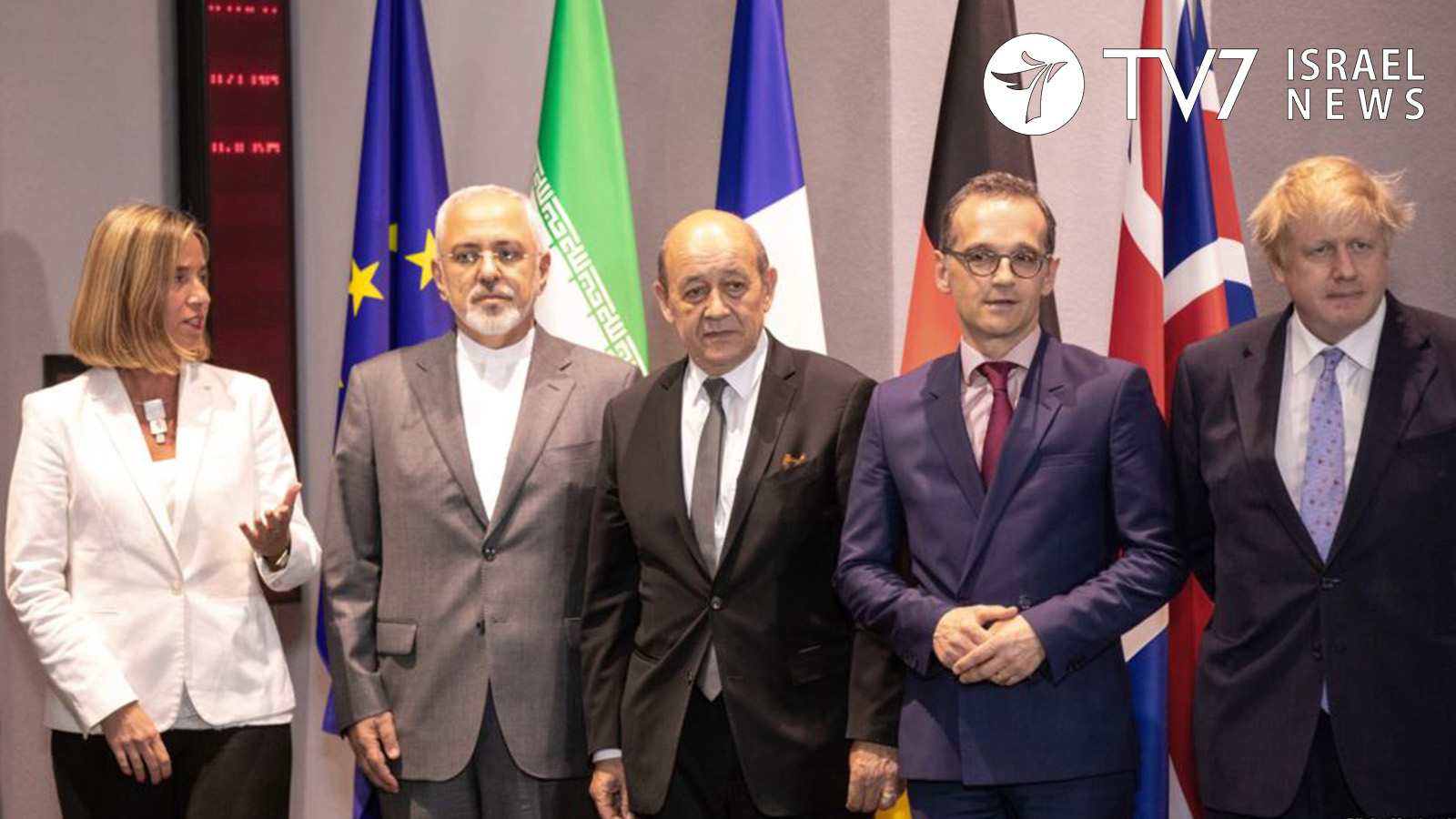German Foreign Minister Heiko Maas announced that the unilateral withdrawal from the Iranian nuclear agreement “remains (in Germany’s eyes, as) a foreign and security policy cardinal error.” Speaking at an event entitled “The Future of Nuclear Order,” Maas warned that Washington’s decision posed “major challenge to multilateralism and the nuclear non-proliferation architecture overall.”
“The unilateral withdrawal of the agreement by the United States, or rather by President Trump, for me remains a foreign and security policy cardinal error. Furthermore, Washington’s decision poses major challenges to multilateralism and the nuclear non-proliferation architecture overall. After all, this agreement was confirmed unanimously by the United Nations Security Council.” / “The basis for international order is trust. The primary goal of our politics must therefore be to restore lost trust, trust that international rules are valid, that treaties are reliably honored and that a promise today is not revoked tomorrow via twitter,” German Foreign Minister Heiko Maas said.
The German top diplomat further stressed that while the nuclear accord – which was formulated by the United States (under the Obama administration), Russia, China, France, Britain plus Germany – was not perfect, its absence makes the volatile Middle East “a lot less safe.” “The Iran nuclear deal is exemplary for the opportunities as well as the current crises of multilateralism. Of course, this deal is not perfect. No one ever claimed that, least of all those who were present for the negotiations. But without a deal the region we are talking about would be a lot less safe,” German Foreign Minister Heiko Maas said.
Minister Maas did not mention Iran’s aggressive behavior across the region, nor its ballistic missile program that has attained nuclear delivery components. That said, a week earlier, German Chancellor Angela Merkel met in Jordan with King Abdullah, during which she underlined Europe’s shared concerns over Iran’s “aggressive tendencies.” “Obviously we see eye to eye with regards to the ballistic missiles program of Iran, of their presence in Syria, their presence in Yemen where aggressive tendencies are pursued by Iran. We have to mention this, and we also need to find solutions to this,” German Chancellor Angela Merkel said.
While Germany continues to advocate for the preservation of the nuclear agreement, Chancellor Merkel has admitted earlier this month that Iran’s regional influence was indeed “worrying, especially for Israel’s security.”
